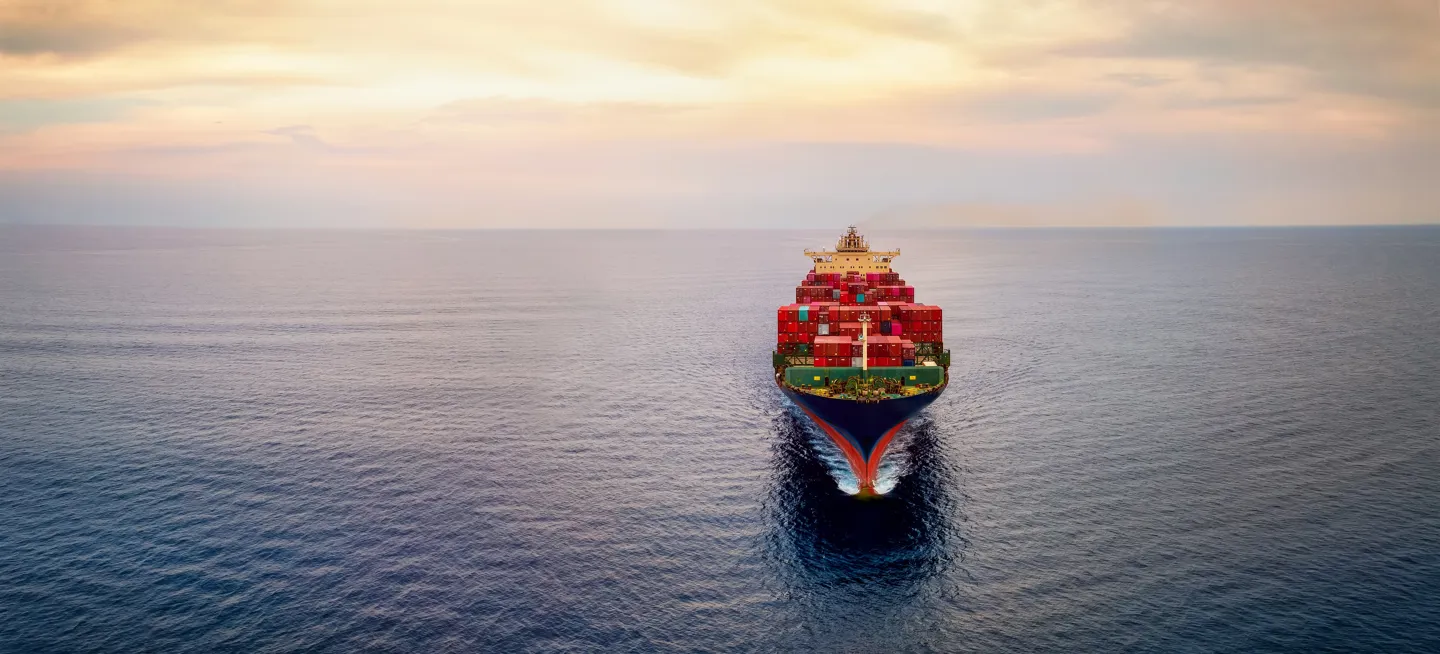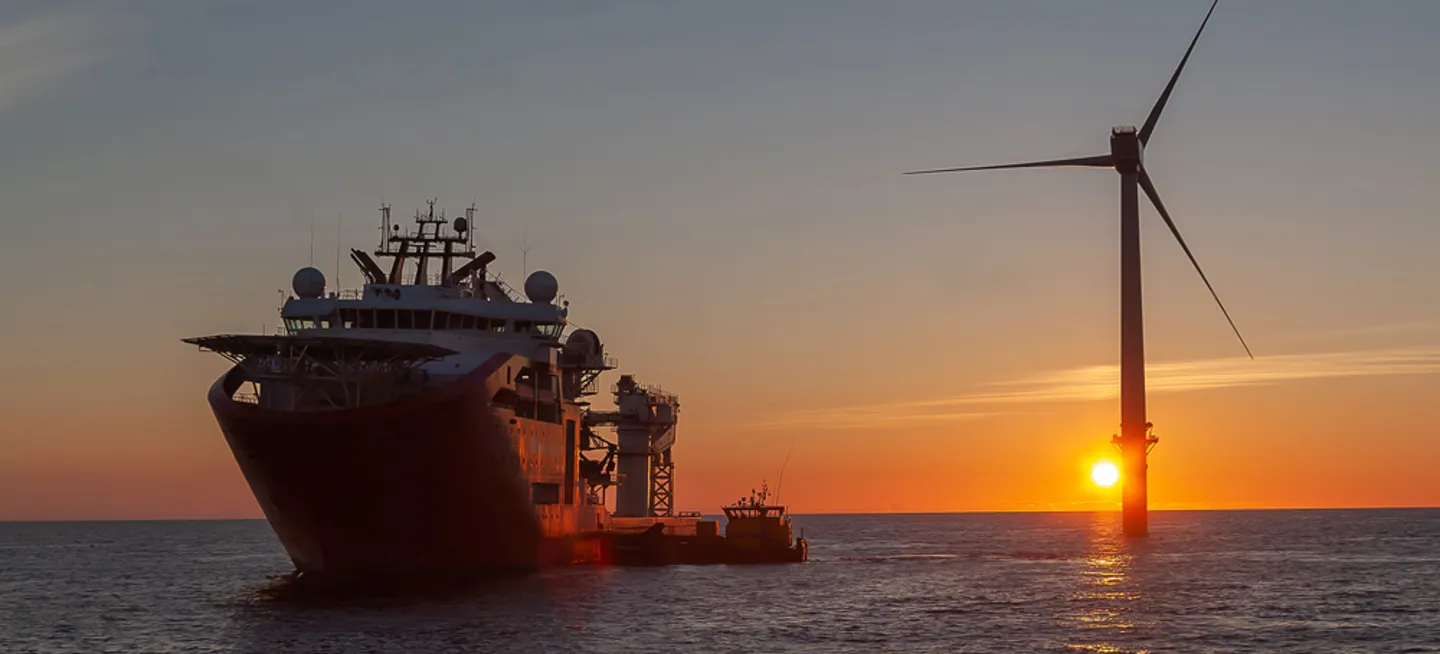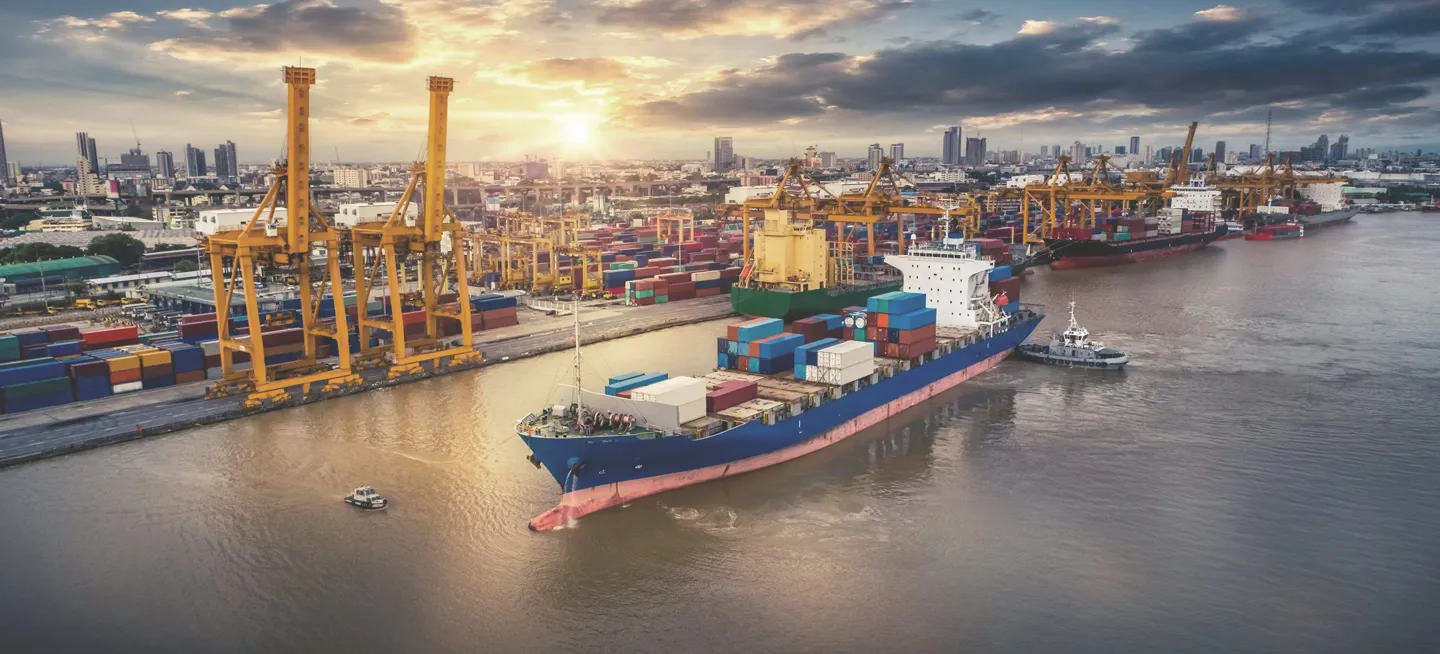Ports
Sustainable ports
Ricardo has been working with port, marina and shipyard owners and operators for decades to help them understand their environmental impacts. Through our work, we have developed an in-depth understanding of the unique challenges that ports face and are ideally placed to help them manage these.
Our key capabilities for sustainable ports
The environmental impacts of shipping present considerable challenges to port owners around the world. As global trade expands, levels of shipping activity are forecast to rise significantly, leading to increasing environmental challenges and associated adverse health impacts at and around ports and coastal locations.
We support port/harbour operators and authorities, developing: future strategies on air quality, climate, ESG and net zero; hydrogen and alternative fuels for vehicles, port machinery and vessels; local marine and estuarine quality; and environmental impact assessments for new developments. Our safety services include chemical emergency response, hazmat and regulatory training.
Port development, environmental impact assessment, regulatory support
- Environmental permit application and regulatory support including liaising with key regulatory stakeholders
- Port environmental monitoring for environmental permit compliance
- Port development and expansion support, including preparing Environmental Impact Assessment, and supporting port owners with planning applications and discharging planning conditions
Sustainable transport for ports
We undertake:
- Port vehicle fleet analysis, alternative fuels (such as hydrogen) and electric vehicle options appraisal, refuelling/recharging infrastructure planning and support, and fleet replacement strategies to help fleet operators reduce their emissions and costs
- Lifecycle greenhouse gas (GHG) and air pollutant emissions impacts, resource availability, using cost benefit analysis to compare alternatives
- Economic impacts assessments
- Port fleet operator engagement forums to share information and encourage vehicle operators to adopt low-emission vehicles.
Air quality
Our unique expertise working with governments, public and private sector for over 60 years helps our global clients understand, manage and improve air quality. We have the longest-established and one of the largest specialist air quality team in the world.
Management of chemical risk
For emergency response, Ricardo is the chosen provider of the UK Government and 50% of the world’s top 100 chemical companies. Through our National Chemical Emergency Centre, we are:
- Providing around-the-clock chemical emergency advice to support port authorities when responding to incidents involving chemicals
- Offering our chemical hazards database, Chemdata®, which contains information on over 61,000 substances and provides relevant, actionable and proportionate advice at an incident scene
- Delivering business continuity, incident notification and emergency response training, exercising and consultancy services
Our unique expertise working with governments, public and private sector for over 60 years helps our global clients understand, manage and improve air quality. We have the longest-established and one of the largest specialist air quality team in the world. We have a team of multi-sector net zero experts.
We have delivered capacity building work with Governments in Kenya and Bangladesh to embed understanding of how to estimate maritime sector emissions, mitigate them and track progress.
Life cycle assessment (LCA)
Our customers include the International Maritime Organization (IMO) which we have advised on sustainability criteria, life cycle greenhouse gas emission assessment methods and standards for alternative marine fuels. We help IMO Member States and the wider maritime sector understand the environmental impacts of alternative fuel options. Our evidence enables private sector clients make decisions on conventional and future fuels for vessels and routes.
Our consultants have decades of experience conducting multi-sector product life cycle assessment (LCA) studies compliant to ISO 14040 and the European Commission’s recommended Product Environmental Footprint methodology. We have SimaPro, GaBi, and WRATE licences and direct access to the latest EcoInvent online database.
Our life cycle assessment expertise gives:
- Policy-makers: robust evidence for policy decisions at the start of the value chain
- Maritime OEMs: the latest scientific understanding, shaping our design and development of alternative power and propulsion systems with conventional and alternative fuels and energy sources
- Maritime industry players: evidence to inform their decisions about which future fuel will provide the smallest environmental footprint for their customers
Our policy experts include impact assessment specialists whose work is rooted in the concept of Better Regulation. We embed our maritime sectoral knowledge with modelling expertise to carry out quantitative assessment and qualitative analysis.
This breadth and depth of expertise enables a holistic and credible approach with our customers and stakeholders to develop scenarios and quantify share of alternative fuels, investments required, costs of ownership and environmental impact.
We shape clients’ strategies by applying our strategic expertise in scenario planning, deep knowledge of propulsion system technology and maritime markets, to analyse the techno-economic impact of new technologies, legislation and other market drivers.
This deep, broad expertise is appreciated by our environmental maritime policymaking clients, while our forward-looking understanding of future policy, shapes the future strategic plans of private clients.
Water
- Monitoring and assessing water discharges to support the achievement of regulatory compliance
- Oil weathering and dispersant testing
- Environmental permit application and regulatory support, including liaison with key regulatory authorities
- Delivering in-house planning and Environmental Impact Assessment expertise to support port development and expansion
- Conducting ballast water management and Strategic Environmental Assessments (SEA)
- Marine environmental baseline surveys to support ecological protection and port planning and development
Our unique expertise working with governments, public and private sector for over 60 years helps our global clients understand, manage and improve air quality. We have the longest-established and one of the largest specialist air quality team in the world.
For ports we:
- Compile air pollutant emission inventories to understand the sources of pollution, and target and assess the impact of improvement measures
- Design, install, operate, manage and quality-assure air quality measurement solutions to support compliance reporting, and occupational and public exposure studies
- Undertake detailed dispersion modelling to assess current and future air quality, and the impact of improvement strategies.
- Offer best practice mitigation advice and an up-to-date knowledge of emerging technologies
- Assess odour and dust
Water
- Monitoring and assessing water discharges to support the achievement of regulatory compliance
- Oil weathering and dispersant testing
- Conducting ballast water management and Strategic Environmental Assessments (SEA)
- Marine environmental baseline surveys to support ecological protection and port planning and development
We provide 24-hour emergency response through our National Chemical Emergency Centre. For emergency response, Ricardo is the chosen provider of the UK Government and 50% of the world’s top 100 chemical companies.
Energy management
For our port and marina clients we provide:
- Energy strategies for ports to provide clear and coherent actions to cut energy costs, starting with the simplest and most cost-effective investments
- Renewable energy options analysis to help reduce dependence on fossil fuels and mitigate the effects of energy price rises
Low carbon operations
- Regulatory assistance (such as the UK's Energy Savings Opportunity Scheme (ESOS) and the CRC Energy Efficiency Scheme to maximise opportunities from carbon reductions and support compliance
- Compilation and analysis of GHG emissions inventories to identify the ‘low-hanging fruit’ where emissions reductions can be cost-effectively made
Water
- Monitoring and assessing water discharges to support the achievement of regulatory compliance.
- Oil weathering and dispersant testing.
- Environmental permit application and regulatory support, including liaison with key regulatory authorities.
- Delivering in-house planning and Environmental Impact Assessment expertise to support port development and expansion.
- Conducting ballast water management and Strategic Environmental Assessments (SEA)
- Marine environmental baseline surveys to support ecological protection and port planning and development
Resource efficiency and waste management
- Decision-making support through insightful supply chain audits that identify efficiency savings
- Support in risk management and protection of organisational reputation through due diligence assessments
- Identifying performance improvements and cost savings as part of waste management process reviews
- Assessing and implementing circular economy business models
For off-highway mobile machinery used in ports, we deliver turnkey engineering services around clean sustainable propulsion and energy systems: battery and fuel cells, emotors and clean internal combustion engines using conventional and alternative zero carbon fuels including hydrogen and ammonia.
Hydrogen
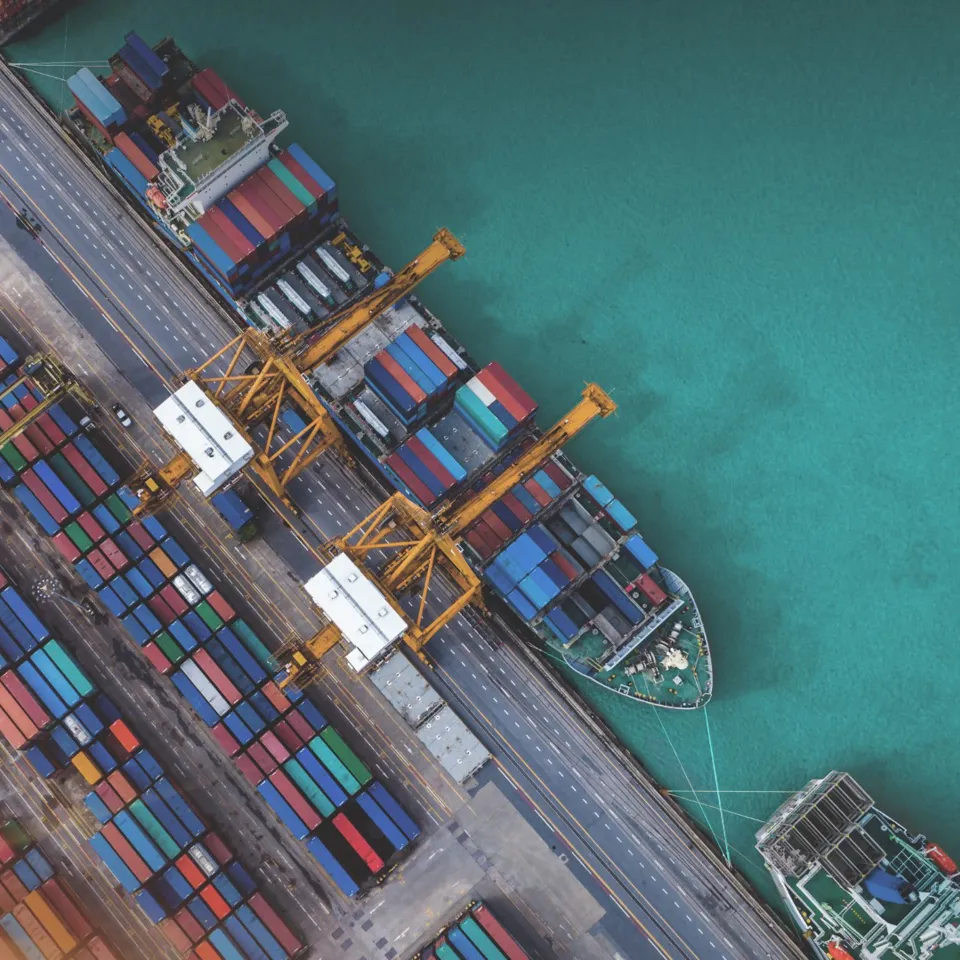
Developing green shipping corridors
Routes where zero-emission shipping solutions are demonstrated and reported, green corridors aim to achieve zero greenhouse gas emissions across the value chain by deploying zero-emissions ships, combined with other emissions reduction activities.

Pre-feasibility studies
Determine the priorities for the port by analysing priority vessel types and map likely fuel or energy demands; identify the short, medium and long-term needs of the port; and, prioritise routes for further analysis.
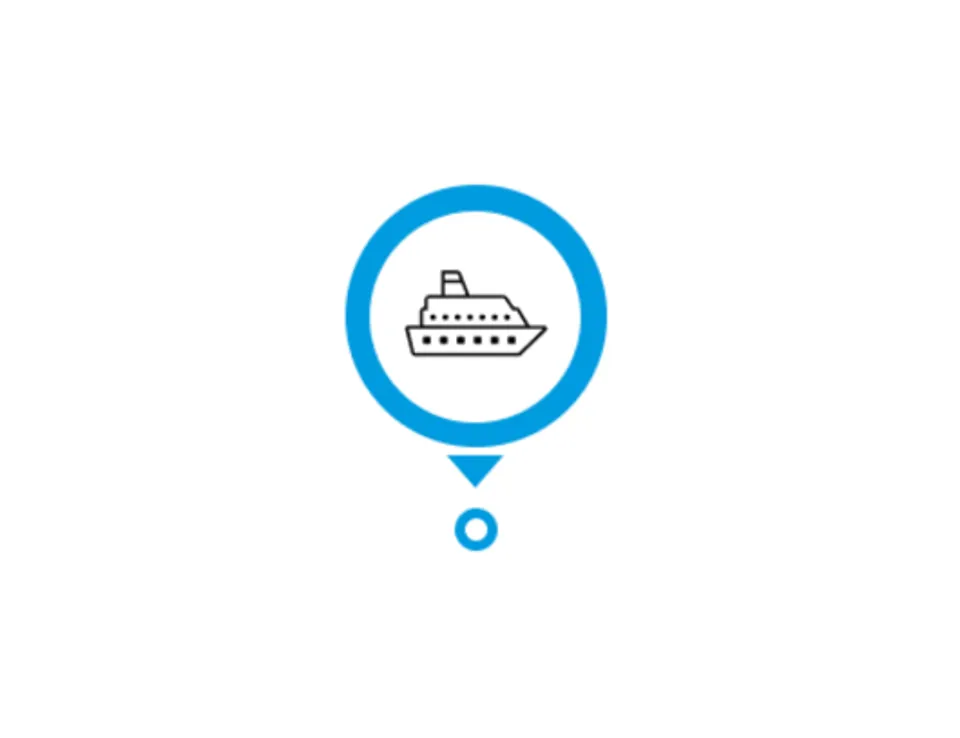
Feasibility of selected route
Complete a detailed feasibility study on a selected route, exploring requirements for vessels and ports and including environmental and economic analysis on the potential green corridor. A detailed implementation roadmap can also be developed at this stage.
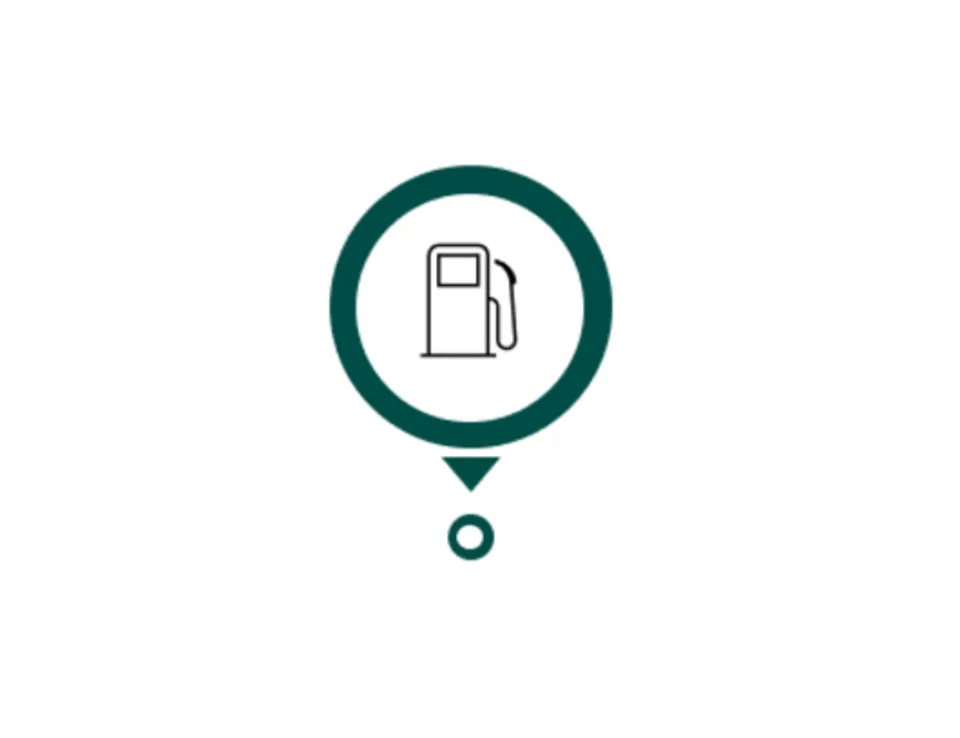
Extended analysis
Insight provided on fuel uptake across vessel types based on the direction of policy development and future fuel demand forecasting for the port. A phased timeline detailing the quantities and types of alternative fuels required.

Implementation
Making the green corridor a reality through owner-consultant support for procuring fuel suppliers; planning and support engineering the roll-out of decarbonisation assets; procurement strategy support; deployment of fuel cell technology for shore power or port machinery; and, support with wider decarbonisation of local area.
Green corridor project map
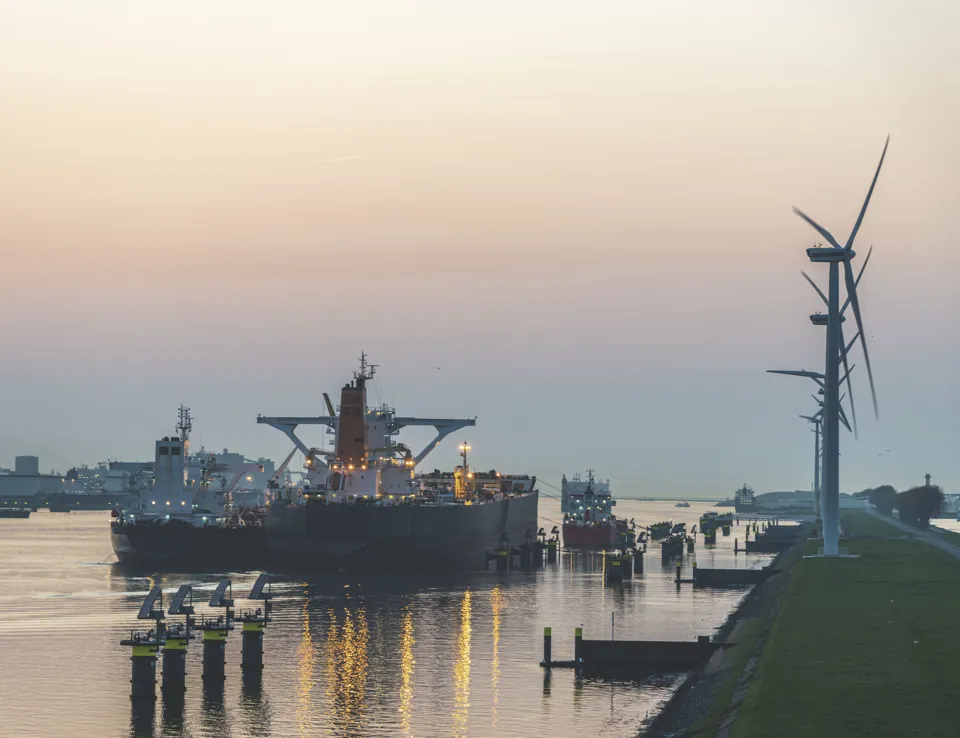
Sign up to the maritime newsletter
Published 4-6 times a year, our newsletter includes information on:
- Decarbonisation and alternative fuels
- Digitalisation and smart ports
- Infrastructure investment and resilience
- Supply chain and geopolitical shifts
- People, skills and safety









